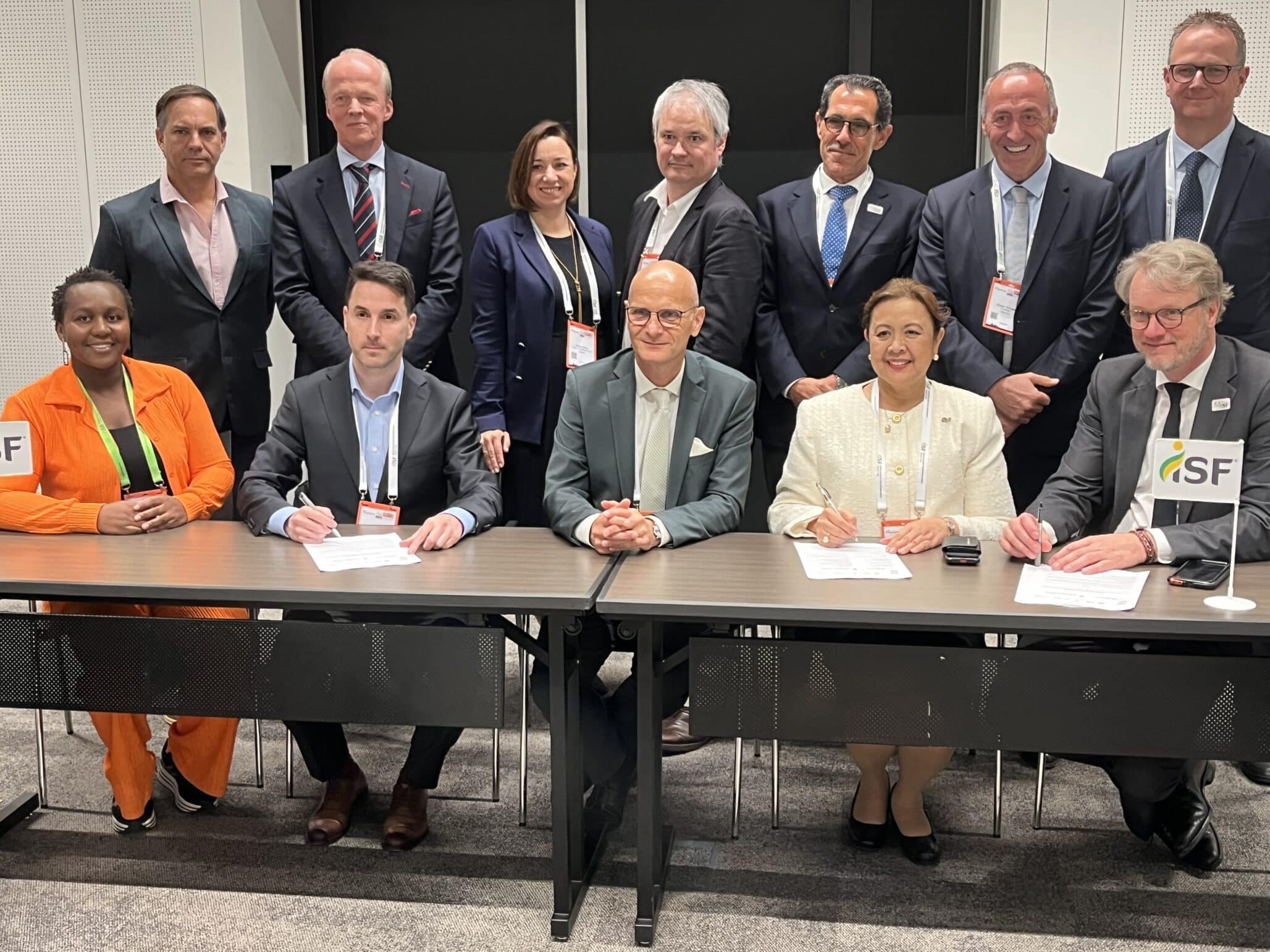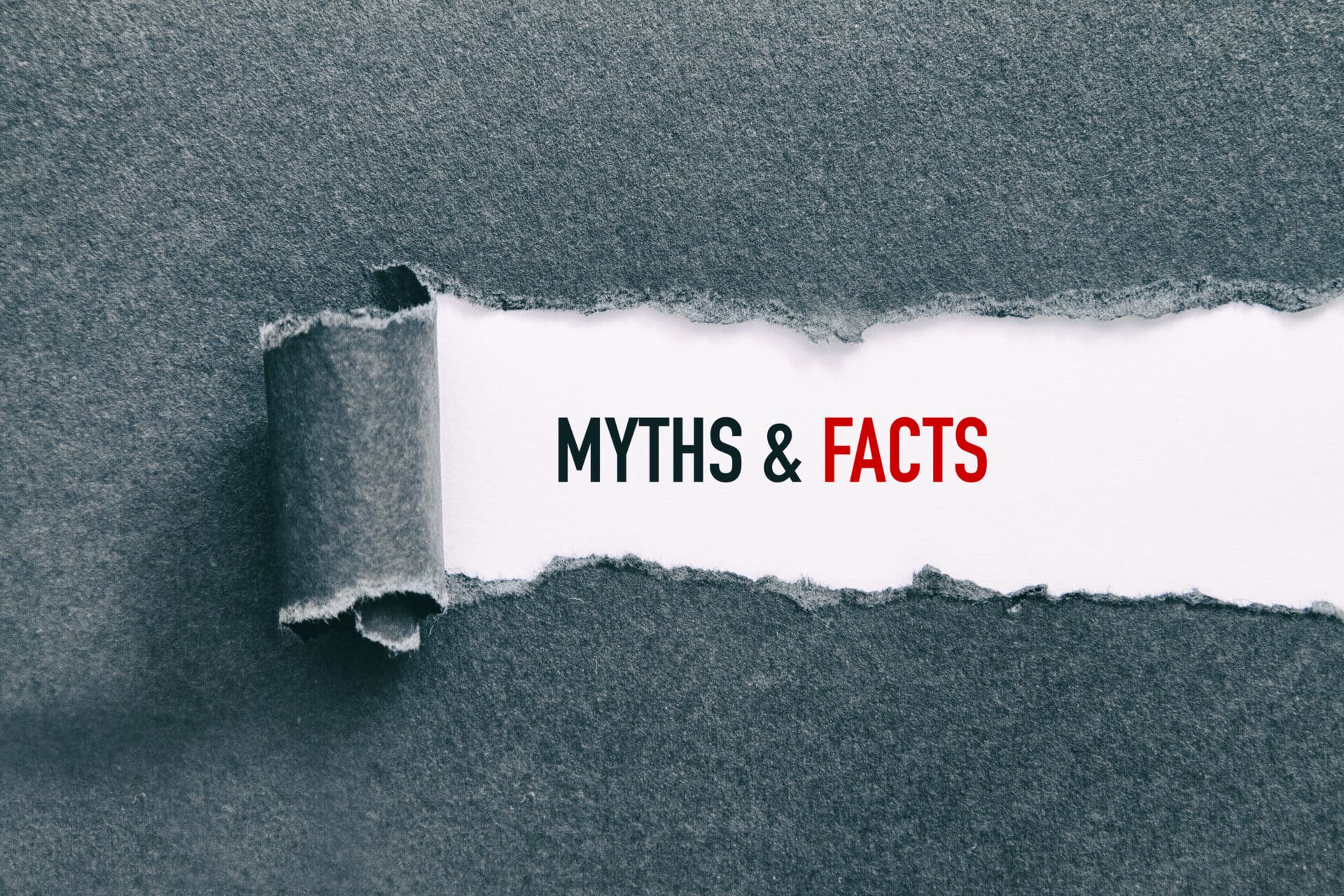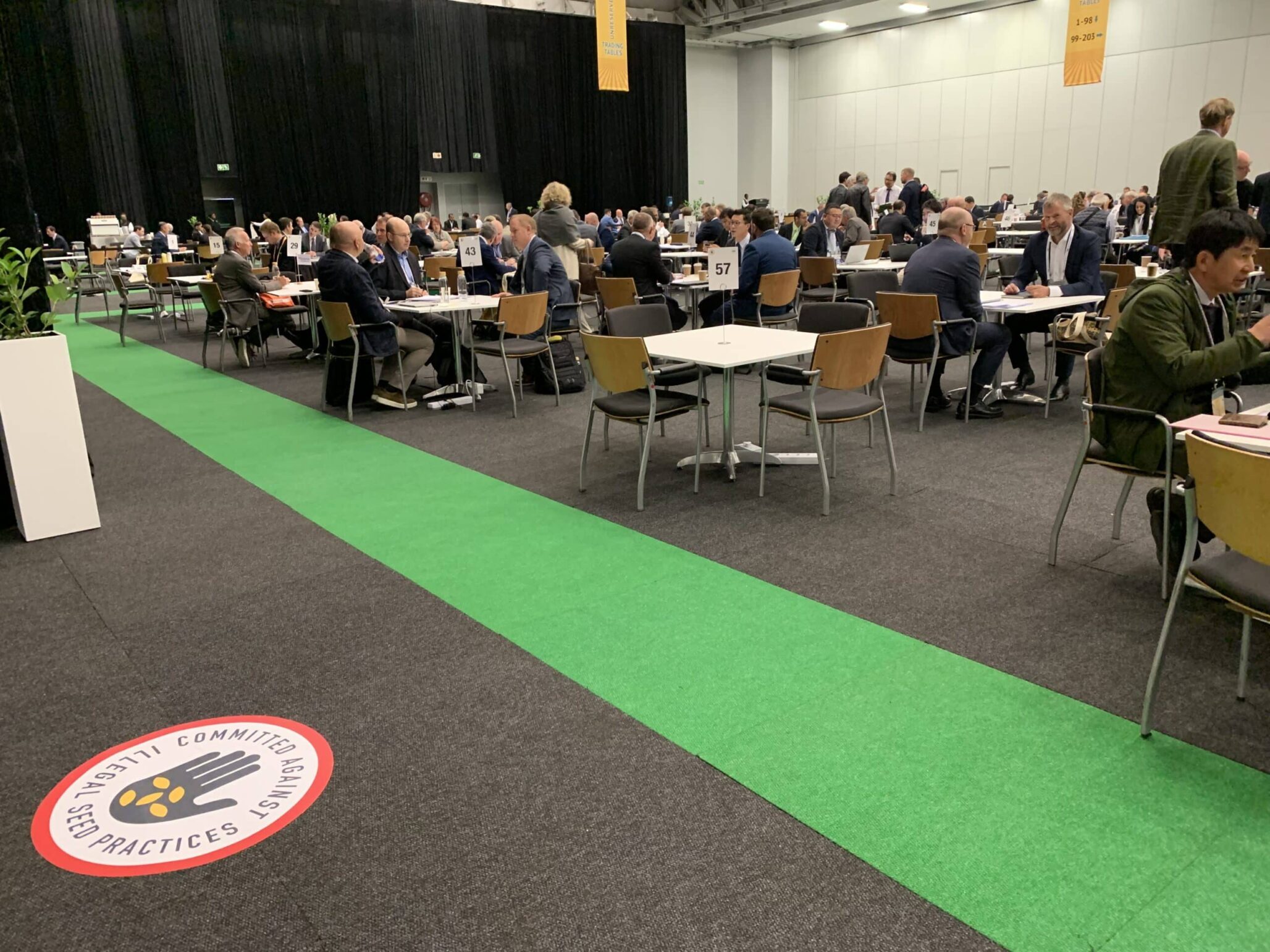According to ISF, we need to combat illegal seed practices and communicate clearly about how they hurt our industry.
In today’s world, there are plenty of things that can be counterfeited and, therefore, illegal. Music is easier to pirate now more than ever because it’s digital. Books can be found online in a free PDF. Movies are recorded in the theater and plopped on YouTube. Seed is no exception to this list.
“From my own experience and from an internal survey in ISF in 2018, there are quite a lot of infringements in seed that vary from crop to crop,” says Antonio Villarroel, secretary general of ANOVE and chair of the ISF Illegal Seed Practices Working Group.
Villarroel says that infringements can cover a wide range of examples, including brown bagging, fake farm saved seeds, theft of parental lines and counterfeit seed, for example.
“In vegetable seeds, we’re seeing theft of parental lines for hybrids,” he says. “It’s harmful in particular in tomatoes and watermelons due to vegetable propagation. We’re also seeing the misuse of trademarks.”
As much as we’d like to think the seed industry is unaffected by illegal practices, Villarroel says that infringements are happening everywhere.
“Infringements are found in developed countries where up to 40% of seed can come from illegal sources,” he says. “In developing countries, we’ve seen up to 50-60% of certain crops are illegal. This is a major problem worldwide, and we aren’t the only industry affected by this.”
Eduard Fitó, president of ISF, agrees that infringements are a worldwide problem that needs to be addressed. In fact, eradicating illegal seed practices is one of the major priorities of ISF.
“Counterfeiting undermines our capacity to innovate, therefore we must make a commitment to engage in the fight against illegal seed practices,” Fitó says.
Fitó compares illegal seed practices to piracy in the music industry — there’s been a dramatic increase in piracy since the switch to digital music from CDs and vinyl. In response, the music industry has looked at new ways to sell music.
But how can we start making the change in our industry?
Acknowledge Where the Problems Stem
Villarroel says that one thing that makes infringements in seed so widespread is because it’s easy to reproduce plants.
“Plants are easy to replicate due to reproduction,” Villarroel says. “Once people have access to your seed, they can be recreated. It’s like with luxury brand purses or clothes, it doesn’t take much to produce a knock-off.”
Illegal seed practices take on many forms, for example, when grain harvested from hybrids is misrepresented and sold as genuine hybrid seed for sowing. It could also be that seed packages are labeled with false variety names, or minimum seed quality standards, like varietal purity or germination percentage, are not met. In all its forms, illegal seed practices mislead and exploit farmers.
Moreover, these practices are commonly connected with criminal activities, such as tax evasion, fraud, corruption and even labor exploitation, all of which have a negative impact on society.
How Do Infringements Affect Farmers?
To seed companies, infringements are a nightmare. It’s difficult to accept that someone else is copying your hard work and research. However, this nightmare extends down the value chain to farmers, as well.
Villarroel says one of the biggest questions the seed industry faces is what happens to the farmer when illegal seed practices make their way down the chain to them.
“At a farmer’s level, they care about the crucial elements of crop production: good germination, absence of weeds, no disease, good yield and quality,” he says. “When those illegal seeds go into market, or when farmers get fake seeds, they suffer.”
Farmers’ livelihoods are at stake. Fake seeds place their productivity, income and families at risk. In the long run, fake seeds could erode farmers’ confidence in the seed sector and decrease their overall capacity for sustainable food production.
“Every time a farmer receives fake seed, it hurts the reputation of our entire industry. We cannot afford that. In the coming years, we’ll need to produce 70% more food than we are currently producing, and there’s not much more arable land,” Villarroel says. “The only way we’ll be able to succeed is to continuously innovate and sustainably produce crops, and that’s really threatened by illegal practices.”
A Lack of Awareness in the Legal System
He says some problems stem from the lack of awareness around the subject, as well.
“I’m firmly convinced that there is a lack of awareness on the work of plant breeders,” Villarroel says. “Because seed infringements don’t affect public health or the tax income by governments in the same way that other well-known infringements like alcohol or phytosanitary products, it isn’t the main focus of law enforcement and there’s a lot of regulatory loopholes around the subject.”
He says one thing that’s helping keep regulatory loopholes away from seed infringements is UPOV, but even with UPOV enforcement, there are still issues when going to court about infringements.
“Plant breeding is an extremely technical activity, and it’s difficult to educate law enforcement on the subject,” he says. “In many legal trials, it is difficult to find evidence because you would need to reproduce the varieties. Often the authorities resort to DNA testing, which is a quicker but a less thorough way to determine if there has been an infringement.
“In some countries, there is a lack of commitment on the authorities’ part regarding counterfeit seed,” Villarroel says. “What we really need is to go beyond regulations, and instead form a specialized court for plant breeding infringements. If we can get all of the stakeholders to align, then we can work to fight this problem more efficiently.”
Working For Change
Villarroel says that much more awareness needs to be built, and ISF and seed companies are on the case to protect their seed.
“ISF is becoming more and more aware of the extensiveness of the problem with seed infringements,” he says. “Now, we’re working to gain a better understanding of all of the data we’ve received from our internal survey.”
ISF adopted a clear and straightforward position paper aimed at increasing engagement within the seed sector and strengthening advocacy with relevant stakeholders to improve legal systems and enforcement conditions, capacity and capabilities.
The final step? Getting the information out to ISF members.
“We want to everyone to have more knowledge about seed infringements and an understanding to have a safer and fairer market,” Villarroel says. “We took a stance against illegal seed practices, and now we’re working on aligning different stakeholders in the value chain like CIOPORA, CropLife, Anti-Infringement Bureau and Breeders Trust, as well as engaging with international bodies like the Organisation for Economic Cooperation and Development.”
As for seed companies, Villarroel says it’s imperative to protect your intellectual property (IP) rights.
“The main way the private sector is responding is by protecting their germplasm rights,” he says. “Some companies practicing infringements are trying to save money, because germplasm is expensive. How should companies respond? Get licenses!”
Villarroel says that 60% of ISF members are using licenses to prevent infringements. Other companies are working on engaging and educating, which is just as important.
“We communicate well internally, but the seed sector hasn’t excelled in communicating externally,” he says. “Most people don’t even know about the seed industry or the impact we have on agriculture worldwide. It is our responsibility to communicate, because with communication, we can explain how we support and work with farmers.”
After communicating, Villarroel says then the seed industry can ask for respect. “If you skip communicating, then you won’t make many friends in the value chain. Communication is important to persuade others to respect our IP rights.”
Therefore, it’s up to the seed industry — let’s acknowledge the problems we’re facing, start working to address them and inform the value chain about them.













